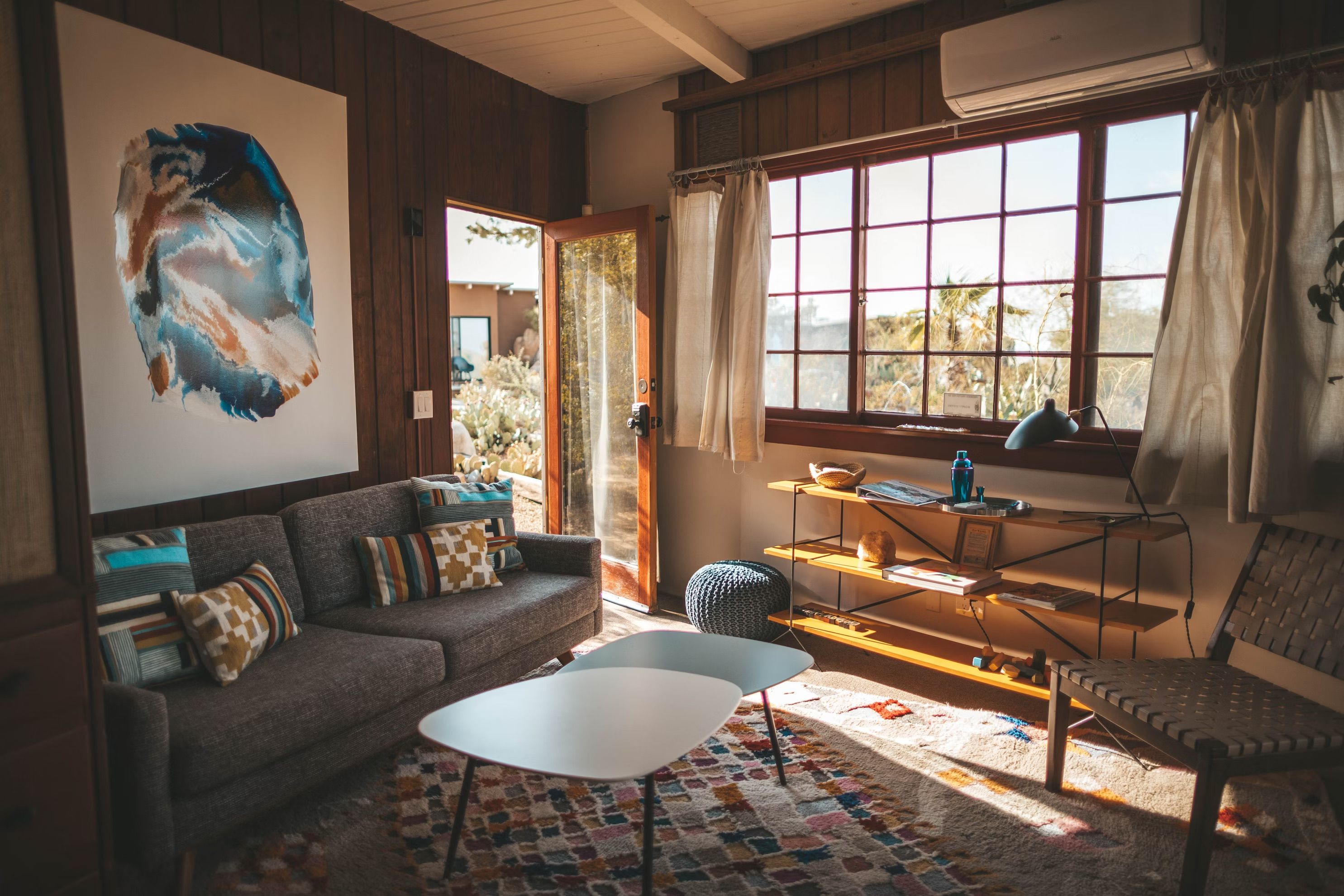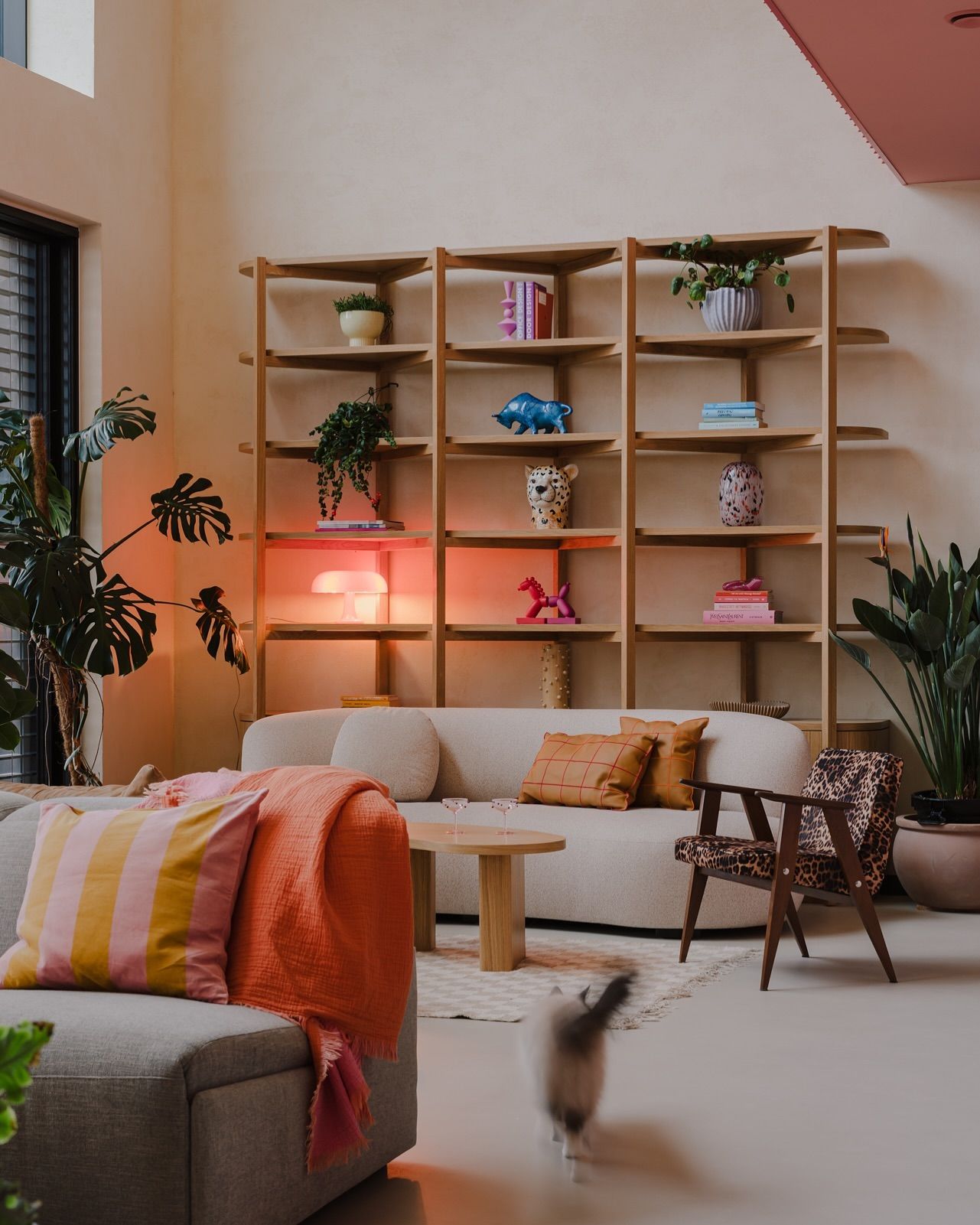Discover Outdoor Flooring & Tile
Spoken matches outdoor flooring and tile across 100s of stores to find you the best price.



Best rated products
Find fantastic, highly rated items
Best Deals
The most outrageous price differences
Quick facts
Can't find the answer you're looking for? Please get in touch with our friendly team.
What is the most popular surface for an outdoor floor?
The most popular surface for an outdoor floor is concrete. It's durable, low-maintenance, and can be textured or stained for aesthetic appeal. Other options include wood decking, pavers, and composite materials, each offering unique benefits for outdoor spaces.
What is the most cost effective outdoor flooring?
The most cost-effective outdoor flooring is often concrete or gravel. Concrete is durable and low maintenance, while gravel is inexpensive and easy to install. Both options provide a solid surface for outdoor spaces without high material or labor costs.
What type of tile is best for outdoors?
Porcelain and ceramic tiles are ideal for outdoor use due to their durability and resistance to moisture. Look for tiles rated for outdoor use, with a textured surface for slip resistance. Natural stone tiles like slate or granite are also great options for a stylish, rugged look.
What tile is best for an outdoor patio?
Porcelain and ceramic tiles are excellent choices for outdoor patios due to their durability and resistance to moisture and stains. Look for tiles rated for outdoor use, preferably with a textured surface for slip resistance. Natural stone tiles like slate or travertine are also popular for their aesthetic appeal.
Category Overview
Introduction
Outdoor flooring and tile serve a vital purpose in enhancing the comfort and utility of your home's exterior spaces. Whether you’re lounging by the pool, dining on the patio, or creating a welcoming garden path, these surfaces contribute significantly to your outdoor living experience. They provide not only aesthetic appeal but also functional benefits, such as durability against the elements and ease of maintenance. Imagine hosting a summer barbecue on a stylish deck or sinking your toes into cool tiles while sipping coffee—outdoor flooring transforms everyday life into moments of relaxation and joy.
Functionality
The primary function of outdoor flooring and tile is to create stable, safe, and attractive surfaces suitable for various outdoor activities. You can find them in different contexts—from stylish tiles gracing your outdoor kitchen to sturdy decking surrounding the pool area. These materials can withstand heavy foot traffic, making them perfect for entertaining guests or simply enjoying family time outdoors. Many tiles offer unique features like slip resistance or enhanced drainage capabilities to ensure safety during wet conditions.
Design & Style
When it comes to design, outdoor flooring options abound, featuring diverse materials such as natural stone, ceramic tiles, concrete pavers, and composite decking that mimic wood’s appearance while providing greater durability. Styles range from rustic farmhouse aesthetics with reclaimed wood finishes to sleek minimalist designs made from polished stone or modern composite materials. You can personalize your outdoor space using colors, patterns, and textures that align with your home’s decor theme—whether it’s contemporary chic with geometric tiles or laid-back coastal styles with sandy hues.
Practical Considerations
Selecting the right outdoor flooring involves several key considerations: assess the size of your space—larger areas may benefit from larger tiles that create an open look; think about material durability—if you expect heavy use or exposure to weather extremes; opt for weather-resistant options; consider usage needs—tiles that are easy to clean are ideal for dining areas; finally, keep design preferences in mind to ensure cohesion with other outdoor elements. A common mistake is neglecting drainage capabilities; choose textured surfaces if water pooling might be an issue.
Comparison and Alternatives
When comparing materials like wood versus stone for outdoor flooring, there are pros and cons associated with each choice. For instance, wood offers warmth but requires regular maintenance (staining/sealing), while natural stone provides unmatched endurance but may be pricier upfront. Additionally, round versus rectangular tile shapes can influence visual flow: round tiles might soften sharp edges in smaller spaces while rectangles can elongate areas visually.
Trends and Popular Items
Currently trending in the realm of outdoor flooring are eco-friendly options such as recycled composite decking which combines sustainability with style without sacrificing performance underfoot. Another popular trend includes bold colored ceramic tiles that add vibrancy to neutral backyards—a favorite among homeowners looking for pop without overwhelming their space. The rise of biophilic design principles emphasizes integrating nature-inspired textures and colors into your patio setup aligns perfectly with these current trends. In conclusion, outfitting your home’s exterior with quality outdoor flooring and tile not only enhances its beauty but also transforms how you engage with those spaces daily—making them more enjoyable and functional than ever before.
Outdoor Flooring & Tile Collections
- Target Outdoor Flooring & Tile
- Walmart Outdoor Flooring & Tile
- Wayfair Outdoor Flooring & Tile
- Target Outdoor Flooring & Tile under $50
- Walmart Outdoor Flooring & Tile under $50
- Wayfair Outdoor Flooring & Tile under $50
- Target Outdoor Flooring & Tile under $100
- Walmart Outdoor Flooring & Tile under $100
- Wayfair Outdoor Flooring & Tile under $100
- Target Outdoor Flooring & Tile under $500
- Walmart Outdoor Flooring & Tile under $500
- Wayfair Outdoor Flooring & Tile under $500
- Target Outdoor Flooring & Tile under $1000
- Walmart Outdoor Flooring & Tile under $1000
- Wayfair Outdoor Flooring & Tile under $1000